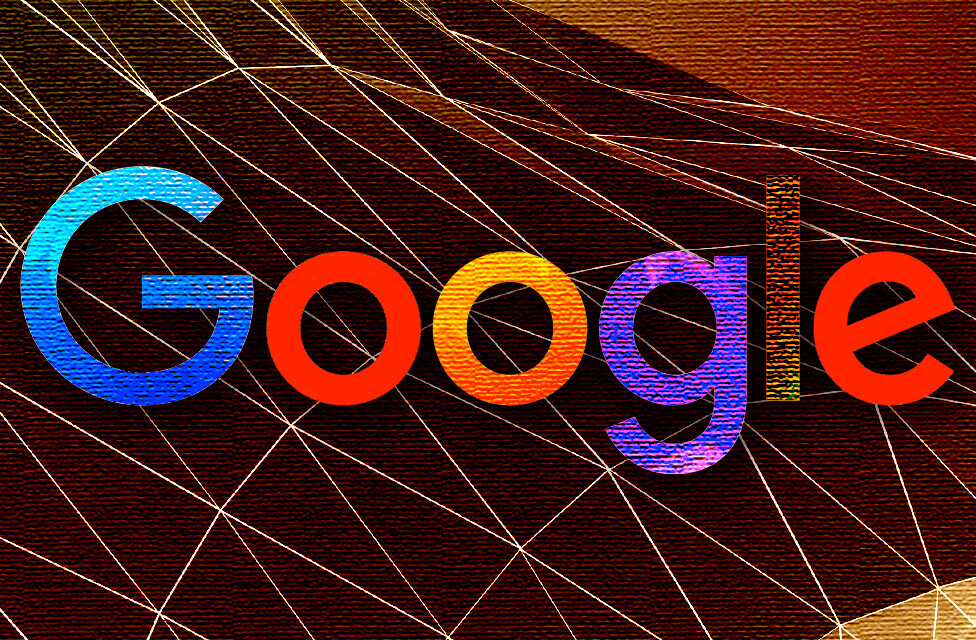
Much like the early days of the internet, the blockchain revolution has begun to attract an incredible amount of attention from entrepreneurs, investors, and consumers alike. With Bitcoin soaring past USD $11,000, and other alternative coins trending upwards, the cryptocurrency movement is finally beginning to solidify its utility and gain viral momentum.
Though the volatile, high-risk/high-reward nature of the currencies has proven lucrative for investors, realizing unbelievable short-term gains, technologists are far more encouraged by the long-term implications of blockchain. The next generation of startups will be able to leverage core tenants of blockchain to solve foundational obstacles present across a wide variety of industries. With decentralized systems, we can fundamentally accelerate the world – onwards to a fairer and more equitable society.
This, however, is not a universally accepted point of view. There are many outspoken critics, namely from large incumbent enterprises, who question the feasibility of implementing a blockchain network at scale. In taking the long-term view, however, in which we can put technical details aside, it becomes strikingly clear that many of the benefits of a distributed infrastructure are inevitably better off than our current methods for organizing and arranging the world’s information.
Whether or not you believe in the current hype cycle, or think that the “bubble” is bound to burst at any minute now, there are a few key elements of the backend technology and philosophy behind blockchain that are essential learning instruments to inform your future.
A massive opportunity to optimize industries.
Entrepreneurs, arriving in droves, are already beginning to apply features of blockchain to a diverse set of problem areas spanning a number of different sectors.
One of the most undeniably powerful attributes of blockchain is that, because the system is decentralized in nature, you can supplant the need for expensive and error-prone intermediary parties. These middlemen currently obstruct progress across a wide variety of large industries, like healthcare and education, endangering all stakeholders. Smart contracts, helpful components of a blockchain ledger, help you “exchange money, property, shares, or anything of value in a transparent, conflict-free way while avoiding the services of a middleman.” This will decrease our dependency on 3rd party players, making for a freer, more liquid economy.
If you abstract their value broadly, you can, quite quickly, begin to see the inevitable applications that will arise from this. Any space with friction, currently being run on legacy infrastructure, will be optimized by self-verifying blockchain ledgers. We can automate past human labor to control issues of trust and authentication, while eradicating the threat of fraud and scamming.
As you can imagine, this has numerous downstream capabilities, if applied successfully.
For instance, the NAGA Group, co-founded by China’s largest private billion-dollar entity and publically listed on the Frankfurt Stock Exchange, is designing a cryptocurrency token, dubbed the NAGA Coin (NGC), to serve as the bridge between the financial, crypto, and gaming worlds. The coin, supported by the universal NAGA Wallet, employs and accelerates the group’s optimistic vision for the future.
Companies like the NAGA Group are accelerating a larger mission to ensure society is headed towards a fairer and more accessible financial world.
In addition to providing more independence, as power is returned to the people, blockchain systems provide a more secure environment for marketplaces and ecosystems. Ledgers, developed on top of blockchains, automatically cryptographically encrypt and log sensitive information. This, combined with the decentralized nature of the data storage, effectively eliminates the costly risk of cyber-attacks. In addition, unlike existing infrastructure, the algorithm the organizes and stores our information cannot be corrupted or biased in a particular direction, preventing manipulation of data.
The ledger manages the trust for us so we do not need to rely on middle parties to handle our information. As you can imagine, we can think about applying this “trustless” verification processes to a number of different niche industries where information management and authentication is a major burden. Sectors like healthcare, with many slow-moving parts and complex regulations, are particularly primed for disruption, given that we can employ frontier tech to reduce inefficiencies and create more standardized systems of measure.
Over time, as blockchains become a core component, effectively the backbone of a number of different industries, it will be interesting to see who, how, and when different startups pop up and begin to generate value. While it is likely that, in the near term, there will be volatility, as most fledgling ideas will die off, we are excited to sustainable projects and ideas come in to make a real, tangible impact on the modern economy.
Get the TNW newsletter
Get the most important tech news in your inbox each week.




